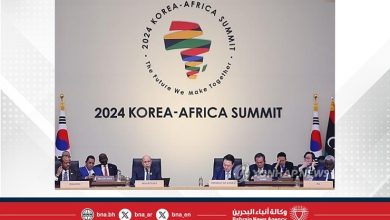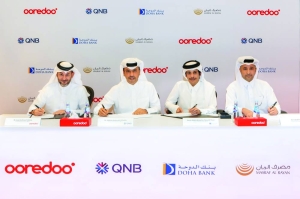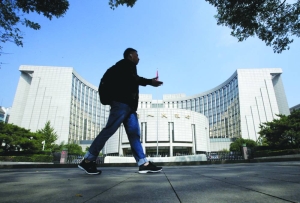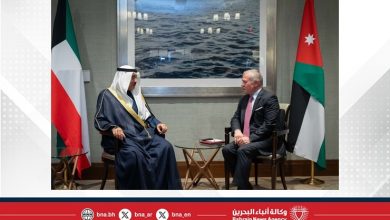Space co-operation talks with China
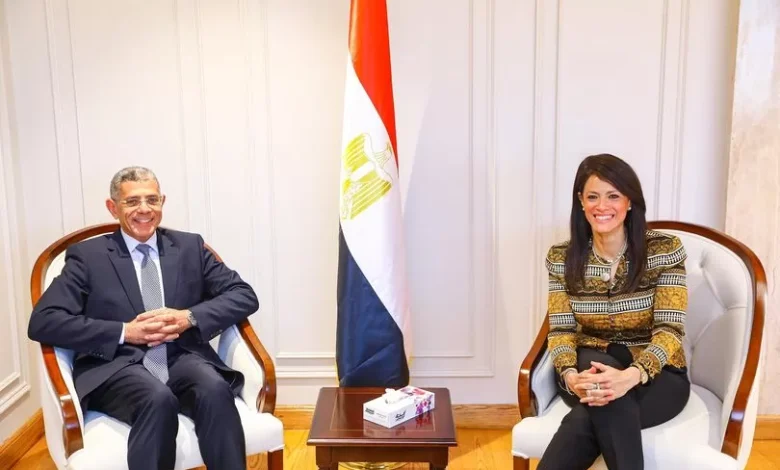
Egypt’s Minister of Planning, Economic Development, and International Co-operation, Rania Al-Mashat, met with Sherif Sedky, CEO of the Egyptian Space Agency, to bolster bilateral co-operation in space technology. The talks centered on enhancing the capabilities of Egypt’s satellite systems, particularly EgyptSat-2, to monitor investment projects.
A significant focus was on the Egyptian-Chinese partnership that led to the establishment of the Satellite Assembly, Integration, and Testing Centre and the successful launch of EgyptSat-2. This collaboration has been instrumental in advancing Egypt’s remote sensing capabilities and supporting its national development objectives.
Minister Al-Mashat reiterated the Ministry’s commitment to leveraging the partnership with China to improve Egypt’s research capabilities and planning systems. She emphasised that these technological advancements are crucial for optimising state resources and achieving the country’s strategic goals.
Discussions also explored potential collaborations in artificial intelligence and analytical systems, which are expected to significantly support Egypt’s planning and development initiatives.
Sedky reviewed the Egyptian Space Agency’s achievements, particularly the production of satellite imagery from EgyptSat-2. He underscored the importance of continued co-operation with China and the need to expand this partnership to launch more satellites in line with Egypt’s vision.
The longstanding historical relationship between Egypt and China was acknowledged, highlighting agreements that have resulted in grants totalling approximately $92 million for the EgyptSat-2 project and the Satellite Assembly, Integration, and Testing Centre.
Since President Abdel Fattah El Sisi’s visit to China in 2014 and the signing of a comprehensive strategic partnership agreement, Egyptian-Chinese co-operation has significantly advanced. This partnership remains pivotal to Egypt’s developmental efforts and the expansion of its space programme.


